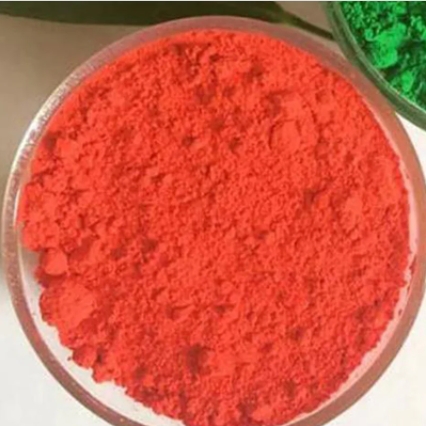What is pigment powder and how is it used?
Pigment powder is a versatile and vibrant coloring material widely used in various industries, including art, cosmetics, and manufacturing. Its ability to add color, depth, and visual appeal to a wide range of mediums has made it an essential component for artists, craftsmen, and manufacturers alike. In this article, we will explore what pigment powder is, how it is made, and delve into its diverse applications.
What is Pigment Powder?
Pigment powder refers to finely ground particles of colored substances that are insoluble in water or other solvents. These powders are derived from various sources, including minerals, synthetic chemicals, and natural substances, such as plants and insects. They possess strong tinting properties, allowing for intense and vivid coloration when incorporated into different mediums.
Production of Pigment Powder
The production of pigment powders involves several processes, depending on the desired color, particle size, and quality. Initially, the raw material is selected based on its specific characteristics. It is then ground into a fine powder using grinding mills or specialized machinery. This grinding process ensures that the pigment particles are uniform in size and texture.
Next, the powder is often subjected to treatments such as washing, purification, and drying to remove impurities and enhance its color purity. Some pigments may also undergo surface treatments to improve their dispersibility and stability.
Applications of Pigment Powder
Artistic Expression: Artists of various mediums, including painters, sculptors, and mixed media artists, extensively use pigment powders to add vibrant colors and visual effects to their creations. Pigment powders can be mixed with various binders, such as acrylics, oils, watercolors, or even sculpting materials like resin or clay, allowing artists to achieve their desired color palette and effects.
Cosmetics: Pigment powders are widely used in the cosmetics industry to add color to makeup products such as eyeshadows, blushes, lipsticks, and nail polishes. These powders provide intense and long-lasting color options for consumers, allowing for a diverse range of cosmetic choices.
Textiles and Dyes: Pigment powders are utilized in textile manufacturing and dyeing processes to impart color to fabrics, yarns, and fibers. They offer excellent colorfastness and resistance to fading, making them suitable for both natural and synthetic fibers.
Plastics and Coatings: In the manufacturing industry, pigment powders are added to plastics, paints, and coatings to provide color and visual appeal to various products, including toys, automotive parts, furniture, and packaging materials.
DIY Crafts and Resin Art: Pigment powders have gained popularity among DIY enthusiasts and resin artists for creating unique and vibrant resin crafts, jewelry, and decorative items. They can be mixed with epoxy resin, resin molds, or other casting materials to produce stunning visual effects.
Conclusion
Pigment powder is a versatile coloring material that offers a wide array of applications in art, cosmetics, textiles, manufacturing, and crafts. Its ability to provide intense, long-lasting coloration and visual effects has made it an indispensable tool for artists, manufacturers, and DIY enthusiasts. Whether it's adding depth to a painting, enhancing the beauty of a cosmetic product, or creating vibrant resin art, pigment powders continue to fuel creative expression and bring color to our world.




